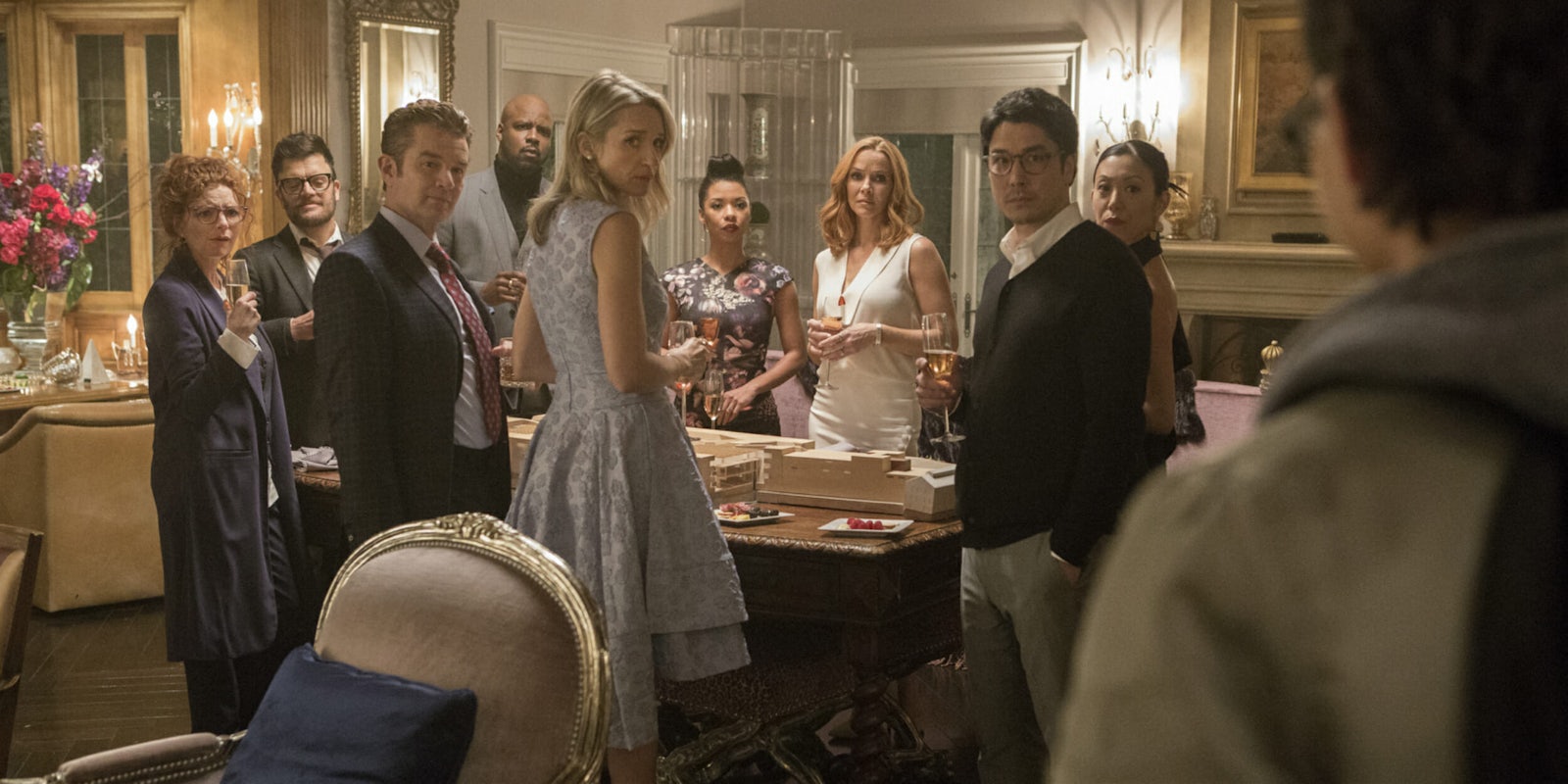When Marvel’s Runaways, Marvel TV’s first real crack at young adult heroes, debuts on Hulu Nov. 21, many fans will instantly recognize the characters, aesthetics, and key scenes from the beloved comics series by Brian K. Vaughan and Adrian Alphona. But in adapting the story that pits superpowered teenagers against their greatest nemesis—their parents—Marvel is also aiming to tell a fuller story with at least one major adaptation change.
To get a glimpse of where the two differ look no further than the Pride, the supervillain organization masquerading as a charity. We get a sense of who they are in the comics—criminals, mad scientists, time travelers, aliens, mutants, and wizards—but on the page they’re fairly one-dimensional. The Pride is made up of the parents of the six teenagers we follow but they’re pretty much just supervillains. They lie and scheme and set the police on their own children, making it easy to root for the Runaways. After all, the tagline of the show taps into what would happen if a group of teenagers discovered their parents were actually evil.
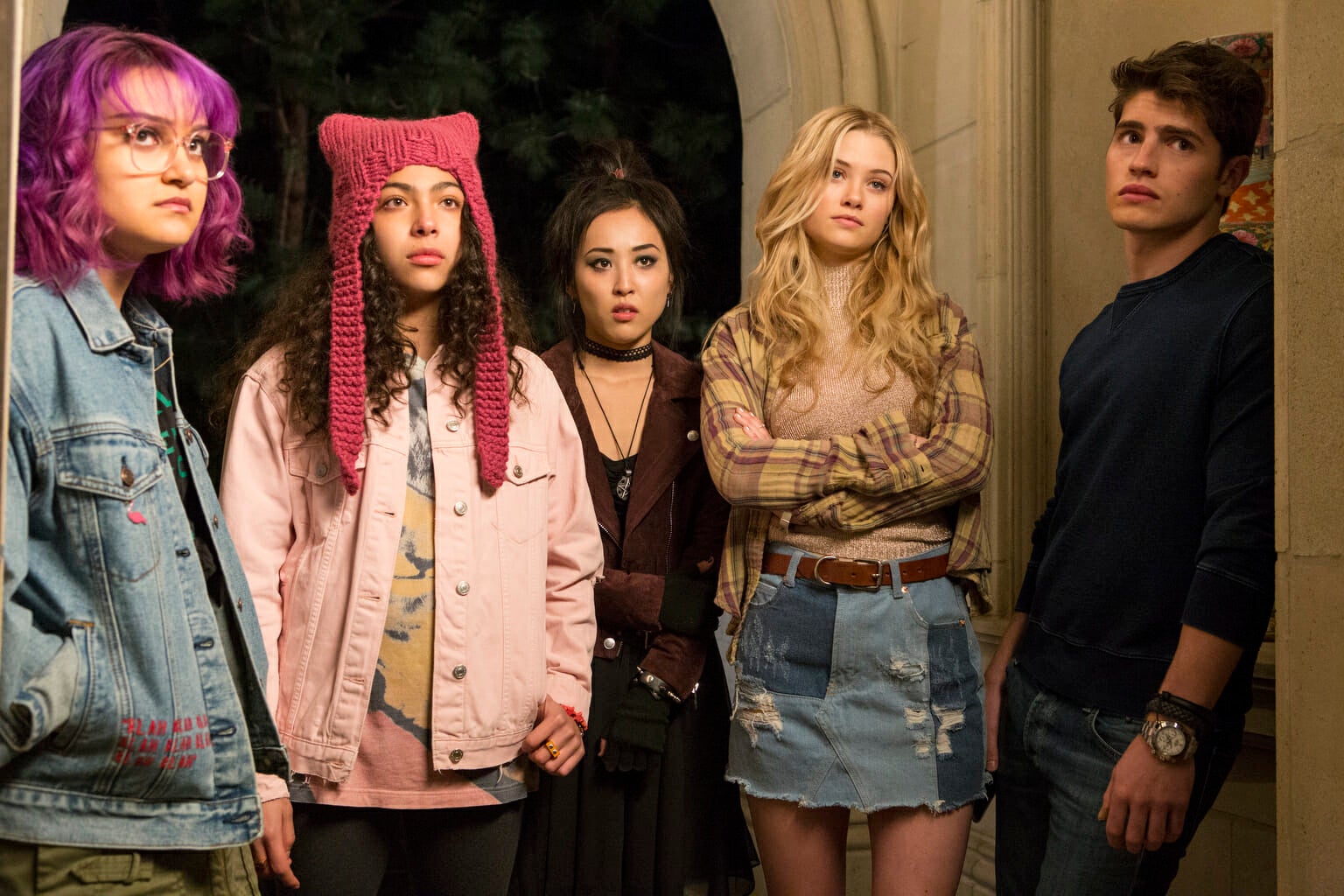
With more time and a different medium, Runaways can portray a more complex story, co-showrunner Josh Schwartz explained to reporters at New York Comic Con last month. When he first read Runaways he was closer in age to the teens (though not a teenager himself), but by the time he came to the show, he had become a parent. Schwartz wanted to explore more of the parents’ side of the story and the idea that their actions are for the kids’ own good.
“That was a really interesting theme that we wanted to explore and that required being able to really delve into who these adults were,” Schwartz said. “And we had a no-villain policy for the show so we really wanted it to feel like—although what we see in the first episode looks terrible in terms of what the parents are doing—that there would be a reason for it.”
That’s largely done in the show’s second episode, which portrays the events that took place in the pilot (including the Pride’s ritualistic sacrifice of a young woman) from the parents’ perspective. The now-fractured friendships among Alex Wilder, Nico Minoru, Karolina Dean, Gert Yorkes, Chase Stein, and Molly Hernandez became genuine because their parents hung out together, but those parents are harboring resentment, suspicion, annoyance and frustration, love, lust, and fear amid their public displays of pleasantry. They have their own lives outside of their children’s, and as they’ve gotten older, they’ve taken advantage of the fact that their children are too caught up in their own lives.
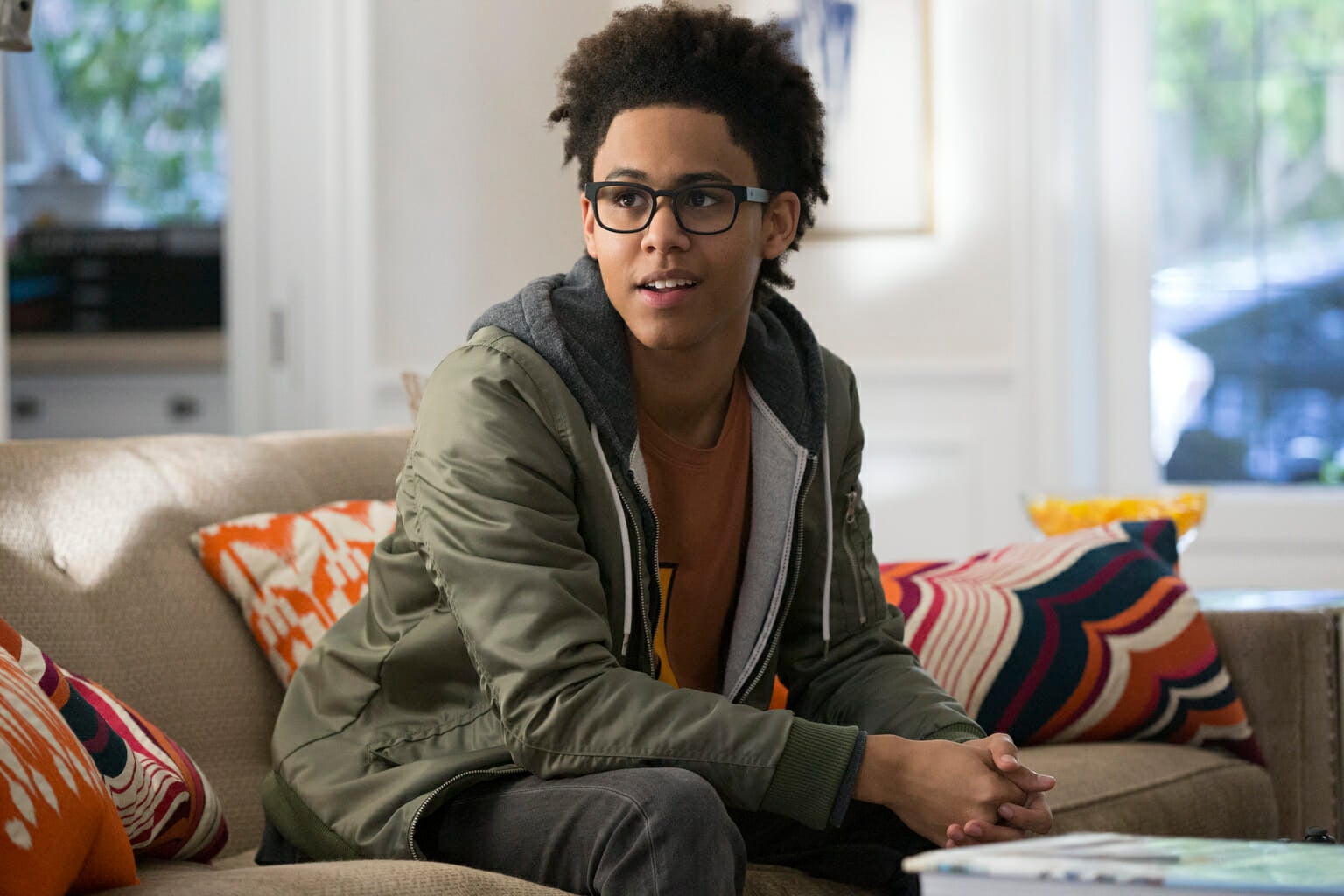
It’s easy to tap into the narrative that the Pride is evil, but Runaways is attempting to go the extra distance by making the antagonists appear more human.
“It’s really important to us that you care about not just the kids but the adults as well and that you’re caught up in a story that, yes, there are moments of things that are larger than life,” said Jeph Loeb, Marvel’s head of television and Runaways executive producer. “But if it doesn’t work at a very simple level, if it doesn’t work at the level of, that you care about these kids and the problems that they have, the feelings that they have toward each other, then the show isn’t going to work.”
That forms the very basis of Runaways. It’s a Marvel show, but it’s also one that’s very grounded in its reality, and one with very few “Marvel moments” in its first several episodes.
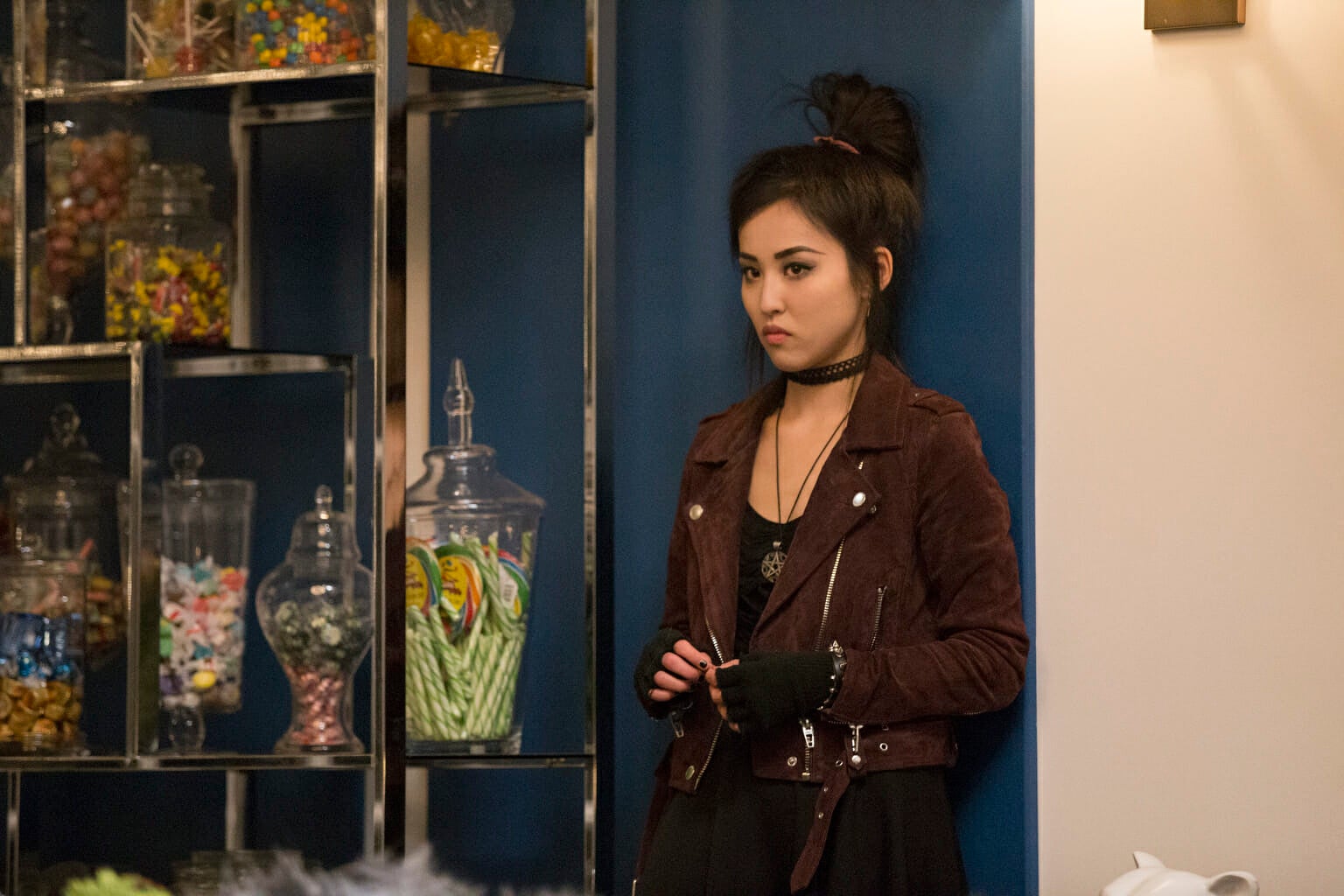
“This isn’t a show where people put on costumes or capes and cowls, but in high school, everyone does put on an identity, everybody does create an identity for themselves,” Schwartz said. “I think there’s something thematically resonant about exploring these stories through young adults and high schoolers who are already doing that as they come to grapple and learn about their true identity.”
Runaways aims to tackle that from the very beginning. Well before the teenagers at the center of the show begin to embrace their powers, their true identities, and the tools they have at their disposal, they have to figure themselves out. The show is able to do that with the television medium, which isn’t restricted to the fast pace of the comics and expands some of the characters—though, according to showrunner Stephanie Savage, there will be plenty of Easter eggs hidden on-screen.
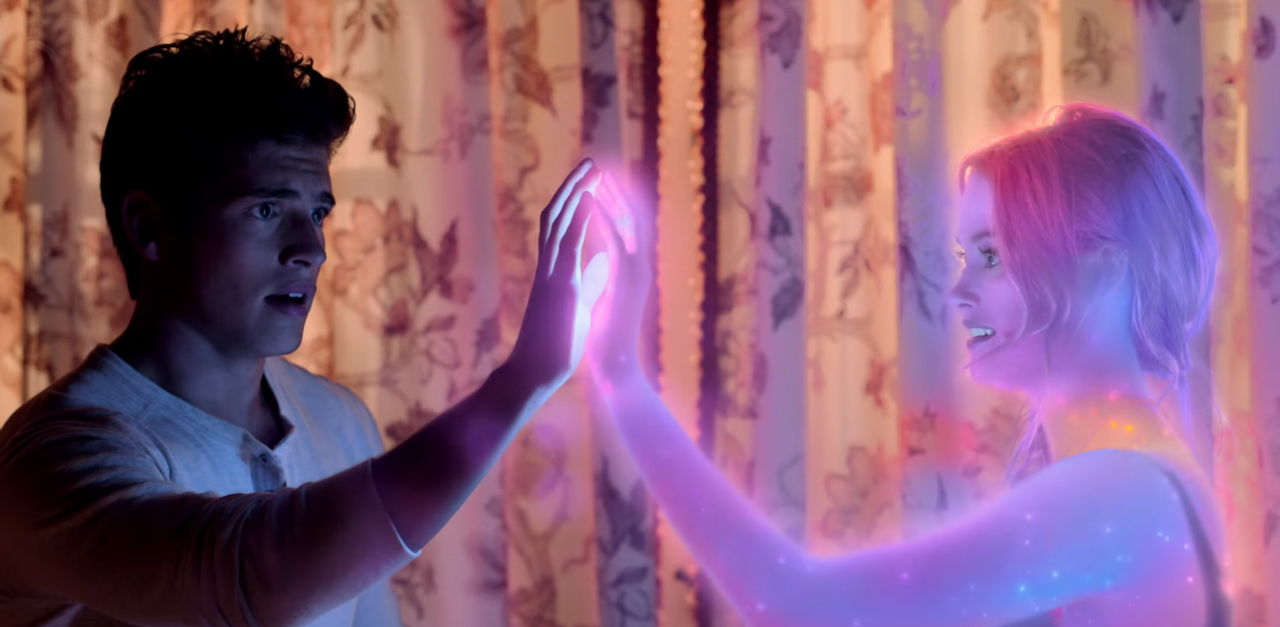
For instance, there’s another layer of complexity in Molly Hernandez (Allegra Acosta) discovering her long-hidden superpowers. The (literal) true colors of Karolina Dean (Virginia Gardner) are obscured a little differently as she attempts to be the perfect daughter to her church-running mother. The popular jock Chase Stein (Gregg Sulkin) is smarter than his comic counterpart because as Sulkin put it, “a dumb jock is funny for two seconds, not for five seasons.”
Many of the characters are completely true to the comics and even some of the actors themselves. Rhenzy Feliz noted that he didn’t notice much difference between Alex Wilder on the page and the one he played in the show. Ariela Barer easily found herself in Gert Yorkes after being recommended the part following her original audition for Molly, and Barer dove into it so much that her castmates “thought I was just real-life Gert that they plucked off the street.”
“I thought I was going for any other pilot,” Acosta said of her own audition process. “And reading the character description I was like, she’s 14 and she’s Latina and she’s also very curious and observant and passionate and determined and super badass, which is amazing to relate to that.”
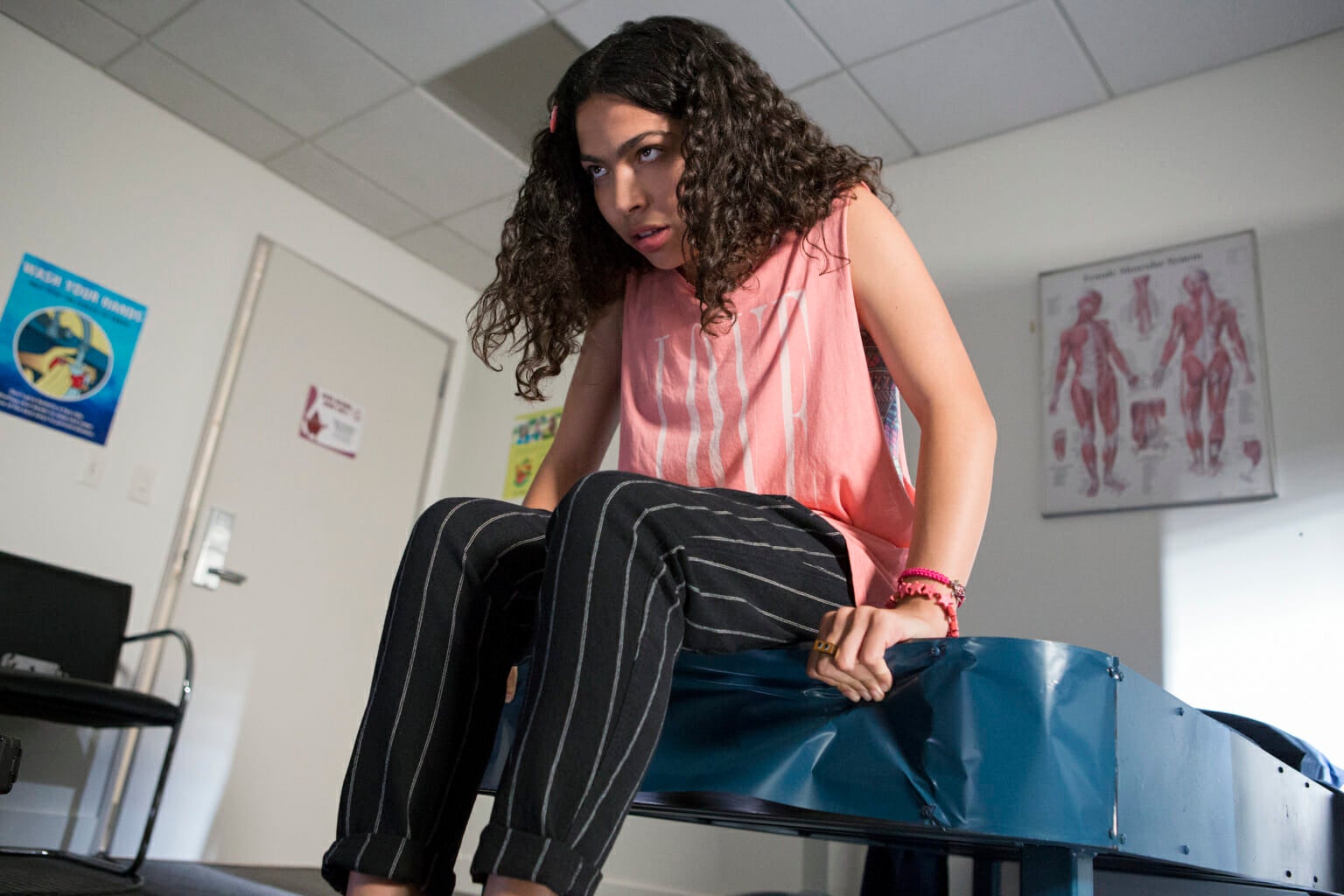
Runaways’ inclusive cast is built into the fabric of the comics as well as the screen, and although the show isn’t solely political, it does have plenty to say through its many voices.
“The thing I love about it is it really takes to heart that personal is political and especially with Gert, who is someone who is, her personal is political, literally,” Barer explained. “Just by diving into these diverse characters, the diversity of points, you get to humanize—and as a result, the audiences gets to empathize with people that in day-to-day you might not typically, and you get to view stories that are not like your own, or you get to view it in a way you get to relate. And in that broader sense, it’s an exercise in empathy.”

